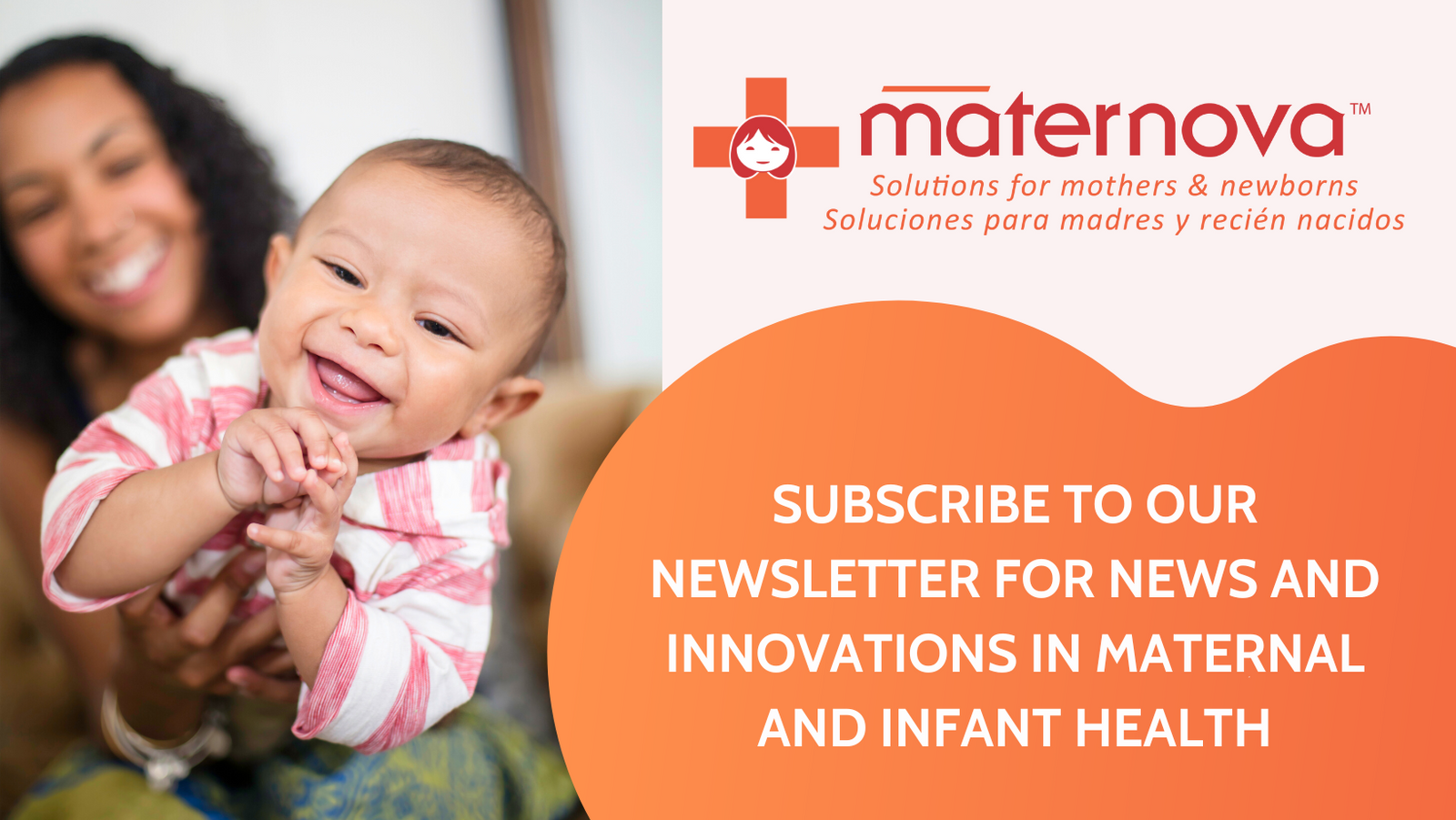
Our Clinic #10: Postpartum Family Planning Program in Ethiopia
May 25, 2023 3 min read
Dr. Zelalem Demeke has more than 24 years of experience in the health system of Ethiopia, and over a decade working on HIV/AIDs, maternal, and child health programs. Prior to his current role, Dr. Demeke was the Addis Ababa HIV Prevention and Control Office. Dr. Demeke now works as the Senior Program Manager for the Reproductive, Maternal, and Neonatal Health Program at the Clinton Health Access Initiative.
In Ethiopia, the journey towards improving maternal health and family planning has been fraught with numerous challenges. Despite a high demand from women who desired services to better prepare for future pregnancies and control the timing of their births, the country lacked comprehensive postpartum family planning (PPFP) services and programs. Between 2017 and 2019, in collaboration with the Ethiopian Ministry of Health (MOH) and the Clinton Health Access Initiative (CHAI), a PPFP program was created to address this gap. The program signified hope and transformation, eventually empowering Ethiopian mothers and revolutionizing their access to family planning.
Before the program's inception, PPFP services in Ethiopia were scarce. Increasing access to such services and dispelling myths and misconceptions about family planning and pregnancy were crucial steps to reduce maternal mortality rates. Hence, the MOH and CHAI program aimed to transform 128 public health facilities across four regions, namely Amhara, Oromia, Southern Nations, and Tigray. The 128 rural and urban health facilities comprised 112 health centers and 16 hospitals.
To make PPFP a reality in Ethiopia, Dr. Demeke and his team created a holistic approach to training healthcare workers across hundreds of facilities. Nurses, midwives, health officers, and doctors received comprehensive training on PPFP and effective counseling techniques. Skilled and experienced healthcare professionals mentored trainees, ensuring the provision of high-quality PPFP services. In addition to the training, the 128 facilities were also renovated and equipped with necessary equipment including IUD insertion and removal kits, Kelly forceps, and alligator forceps.
Over the course of three years, from 2017 to 2019, the PPFP program made a remarkable difference in the lives of Ethiopian mothers. The primary beneficiaries of the program were pregnant mothers coming for ante-natal care (ANC). Through their tireless efforts, 26,706 women were reached with immediate PPFP services, providing them with the power to make informed decisions about their reproductive health. The program also accomplished 9,668 postpartum IUD procedures (PPIUD) and 17,038 postpartum implants. The program's impact was evident as the proportion of women receiving postpartum long-acting reversible contraceptives (LARC) skyrocketed from a mere 3% to an impressive 37% by the program's conclusion.
As with any ambitious endeavor, the PPFP program encountered challenges and regional variations. The Amhara region faced misconceptions and disinformation about family planning methods which ultimately hindered their progress. However, the Southern Nations, Nationalities, and People's Region (SNNPR) emerged as a shining example, boasting the highest performance (22% PPIUD rate by the end of the project) due to consistent provision of high quality PPFP counseling, strict facility management, and strong leadership commitment. Postpartum implantation also increased across all four regions, with SNNPR and Tigray demonstrating the highest implant rates at 38% and 34% accordingly. The program also managed to reduce the proportion of facilities stocked out of IUDs and implants per month from 17% to 4%.
The implementation of the PPFP program in Ethiopia has illuminated the transformative power of immediate postpartum family planning. In fact, the success of the program extends beyond empowering mothers. It also involved transforming the mindset of both women and healthcare providers. While Ethiopia's cultural and religious barriers posed significant challenges to the implementation and success of such a program, the team demonstrated focused efforts to ensure women had access to accurate information, and healthcare providers were equipped to provide high-quality care. As the program paves the way for a brighter future, it is clear that prioritizing postpartum family planning is a crucial step towards reducing maternal and neonatal mortality rates, fostering healthier communities, and empowering women to take control of their reproductive health.
Study from Dr. Zelalem Demeke (fikirzele@yahoo.com) and blog post written by Kaitlyn Gosakti.
Leave a comment
Comments will be approved before showing up.
Also in The Maternova Blog

A Point of Care Bilirubinometer Using Blood: BiliDx
January 16, 2024 2 min read

Clinical Indications for Applying (and Removing) the NASG: Rule of 20
January 15, 2024 2 min read
The garment must be removed upon reaching hemodynamic stability for at least two hours, where it is evident:
- Blood loss less than 50 mL/hour
- Pulse less than 100 beats per minute



